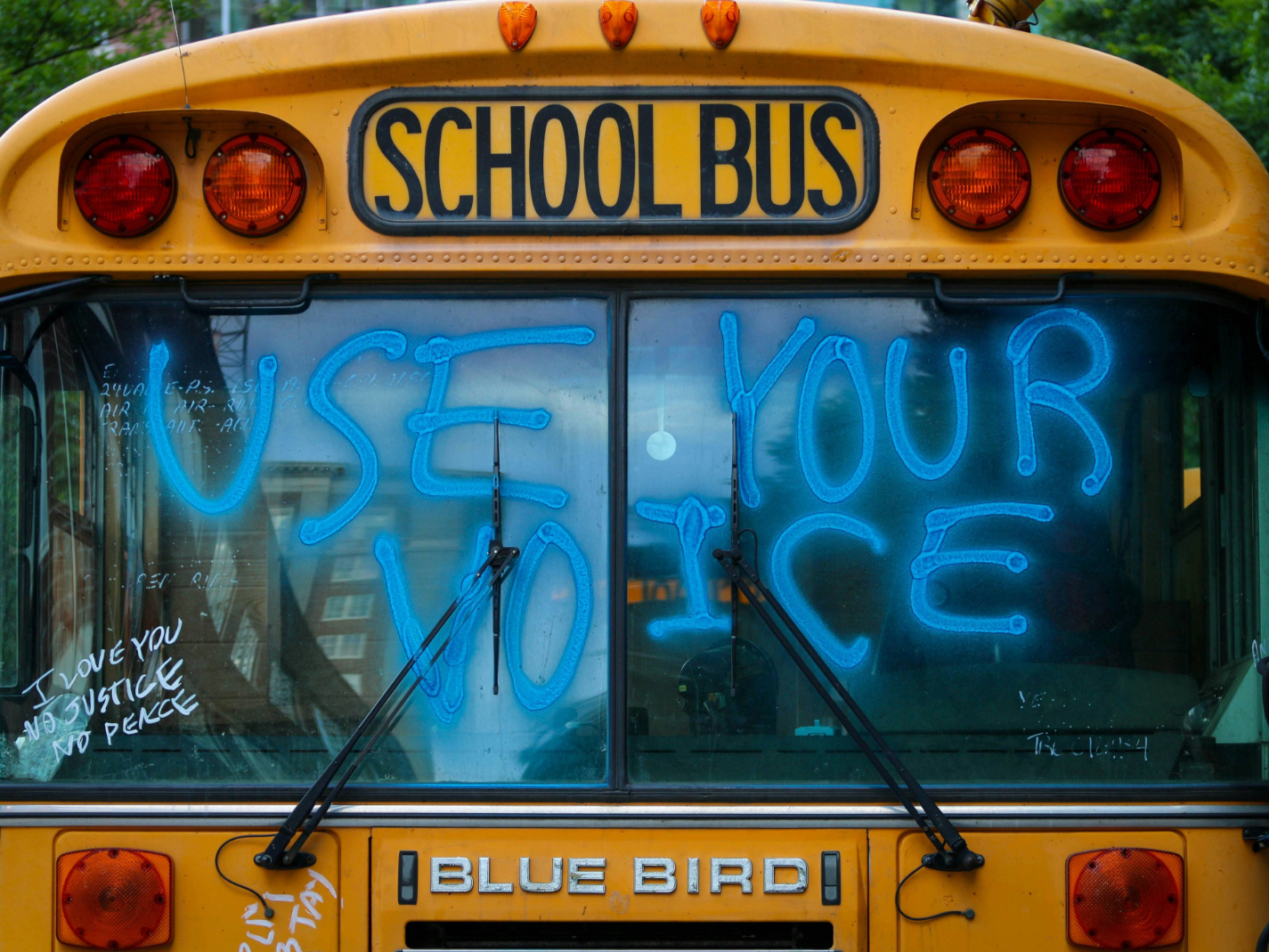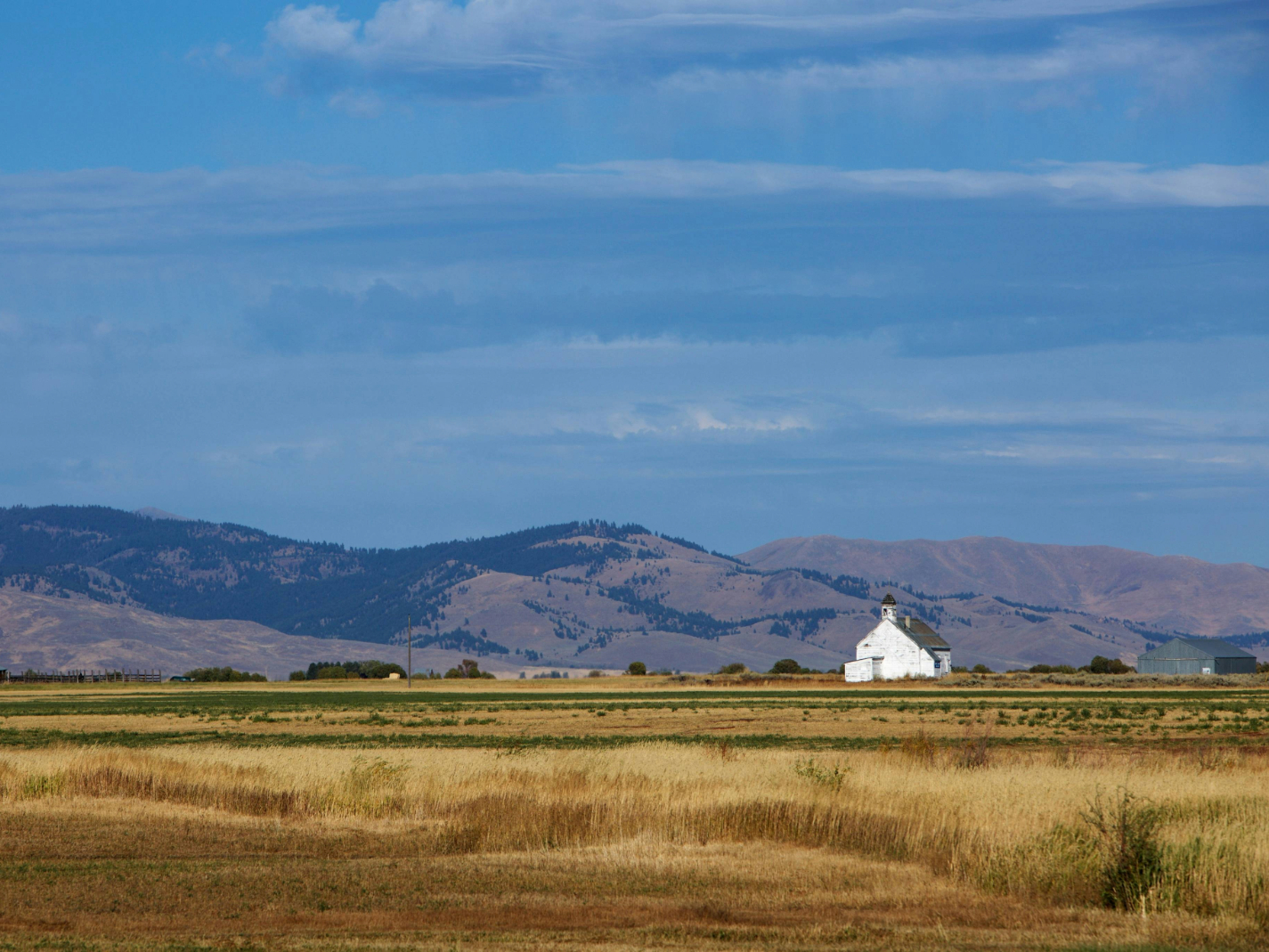The National Association of Scholars (NAS) and the Civics Alliance congratulate the South Dakota Board of Education on its approval of new social studies standards. The Board, after conducting four public hearings over a period of eight months, approved the new standards by a 5-2 vote. The standards will become active at the beginning of the 2025 school year.
South Dakota’s new social studies standards concludes a long process of revision, which the NAS and the Civics Alliance have supported throughout, by public comment and by public testimony. South Dakota’s Education Department initially produced a lamentably bureaucratic and politicized draft standard, and Governor Noem admirably took the initiative to convene a commission to provide new draft standards. The commission produced excellent standards, which have since gone through the public hearing process. A process that provides full democratic accountability. After a two-year saga, South Dakota finally has the social studies standards its students deserve.
The nation is fortunate that South Dakota has competition from Virginia’s new draft standards. Louisiana’s, Arkansas’s, Tennessee’s, and Indiana’s all also deserve praise. But South Dakota’s standards set a high bar for other states to meet. As we wrote during our initial comment, South Dakota’s Standards provide a coherent, rigorous, content-based, and patriotic guide to social studies instruction. Its virtues include:
- The Standards takes a clear stand against both the discriminatory ideologies commonly referred to as Critical Race Theory and the subordination of social studies instruction to political activism.
- The Standards provides factual content, rather than imposing “skills” instruction that is frequently counter-productive and always reduces the time available to learn factual knowledge.
- The Standards’ format is clear and its language virtually devoid of jargon and euphemism. Any teacher can understand the Standards at a glance—and so can parents who wish to hold their schools accountable for teaching their children properly.
- The Standards provide a thorough education, keyed to the development of the ideas and institutions of liberty, in the core history of Western Civilization, of the United States, of South Dakota, and of the Native American tribes of South Dakota.
- The Standards’ emphasis on spiraled instruction (concepts repeated at greater levels of detail in succeeding years) and memorization provides an effective framework for instruction.
- The Standards provides joint instruction in patriotism and liberty—and should be wonderfully effective in producing South Dakota citizens who think freely and love their country.
- The Standards thoughtfully integrates instruction at each grade level into a coherent whole, which is greater than the sum of its parts.
- The Standards keys its level of rigor to a challenging but achievable level for students at each grade level.
South Dakota’s standards replace the spirit of John Dewey with the spirit of E. D. Hirsch—and with the spirit of the entire tradition of Western and American education that marries content-rich rigor and democratic ambition, to create a new generation of students with the free and well-stocked minds that will fit them to preserve our republic and our liberties.
We suggested, and suggest, further improvements—strengthened writing expectations, discrete coverage of Western Civilization and of non-Western World History, strengthened coverage of the common culture of America and the West, and greater coverage of Native American peoples outside of South Dakota. But these are friendly thoughts about how to improve standards that already are among the best in the nation, if not the best.
South Dakota, along with Florida and Louisiana, now faces a new challenge. These states, which have pioneered reformed social studies standards, now must produce teacher training, professional development, textbooks, and model curricula to match their standards. They must do so not only for their own teachers and students but also to provide a model for education reformers in other states. Social studies standards are the essential first battle to restore American civics education—but the rest of the campaign must be won as well.
Congratulations to the drafting commission, to the Board of Education, to Education Secretary Joseph Graves, to Governor Noem, to the South Dakota legislators who have been crucial in calling for reformed social studies standards, and to every citizen of South Dakota who has worked to bring about this victory. South Dakota’s students will be your debtors for your excellent work, as will all Americans.
Photo by Adrian Yau on Unsplash



